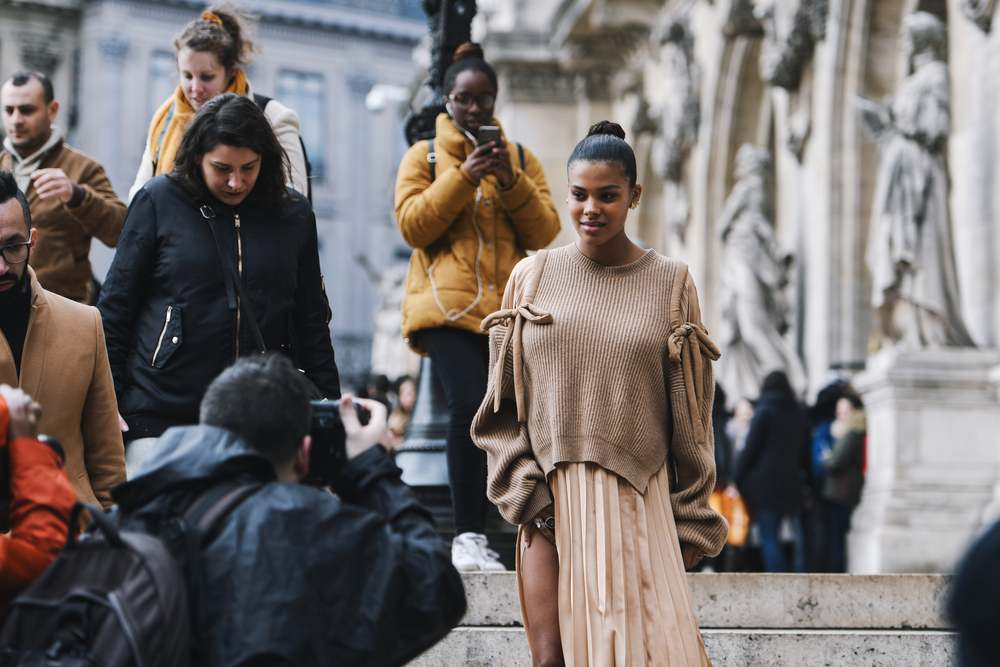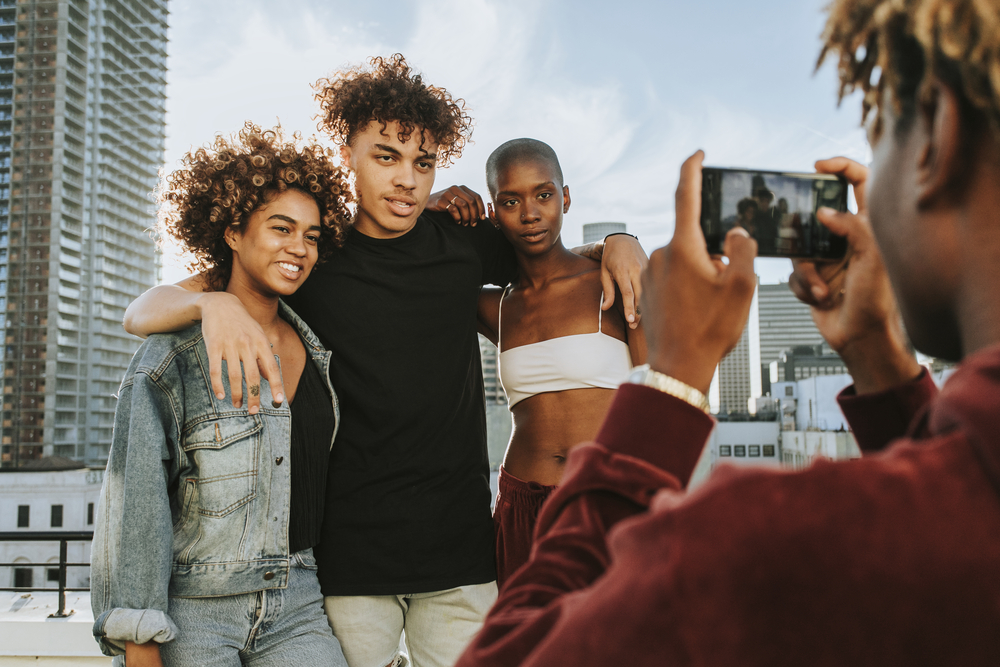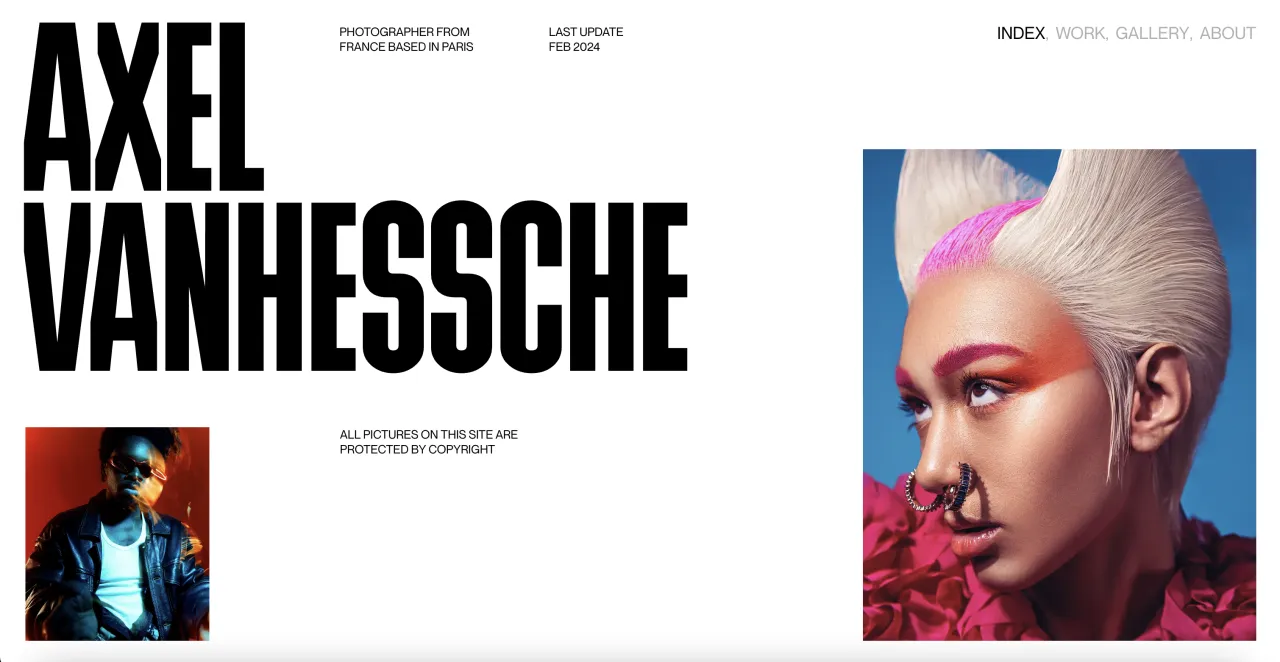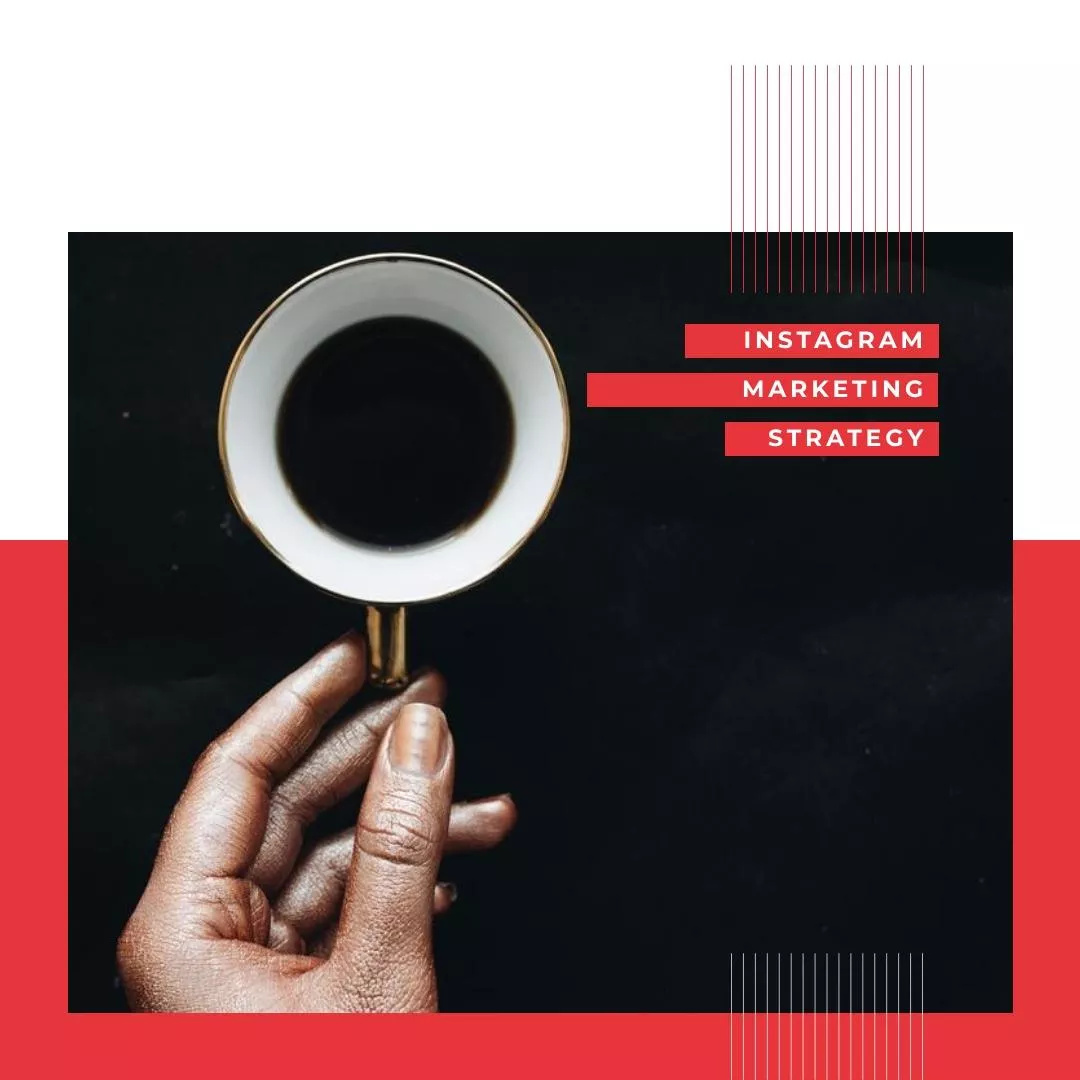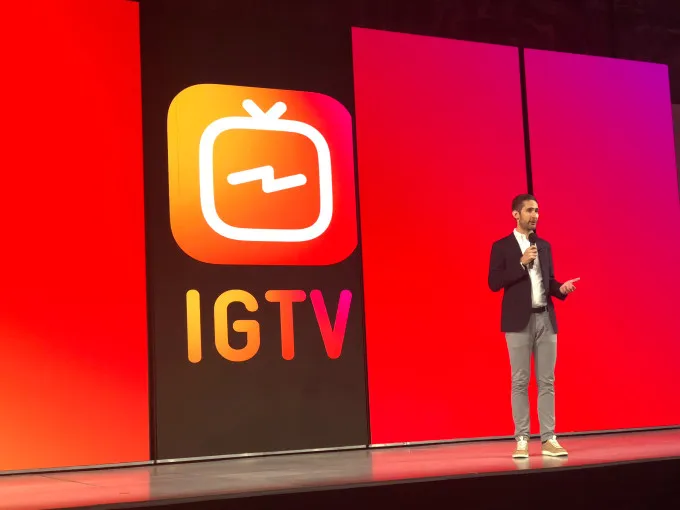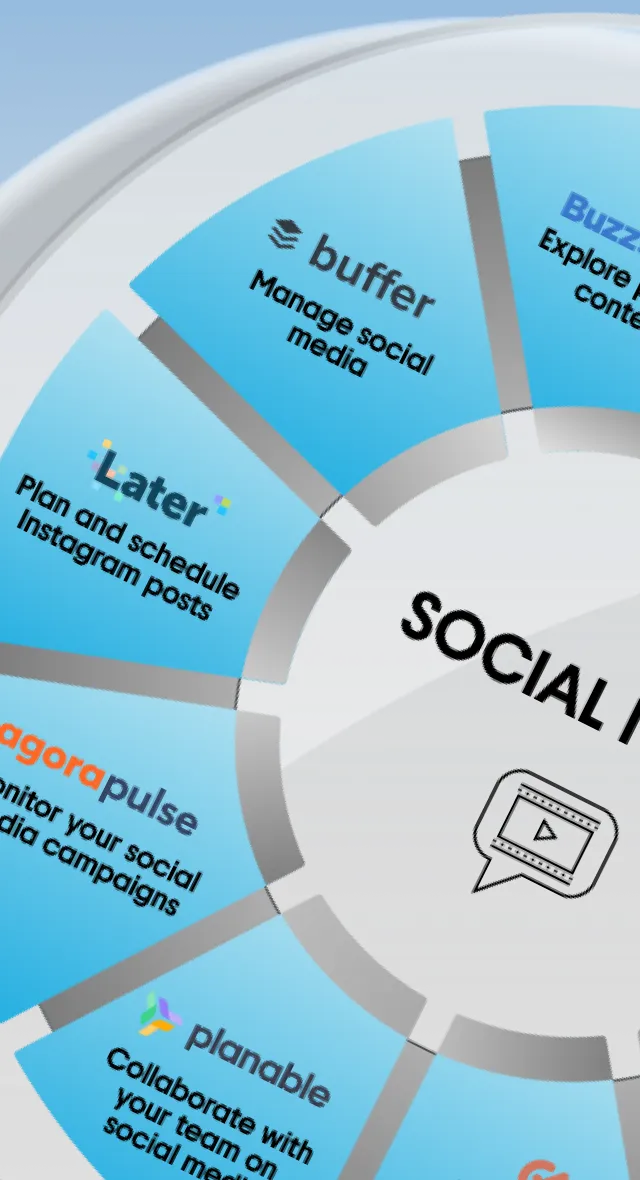Do You Really Need Instagram Influencer Marketing?
Tik Tok has come to replace Instagram. The over-polished Instagram aesthetic is dying. Some say that even Instagram influencers are irrelevant. These and many other statements on what is happening to Instagram right now are only vague hints as to where everything is heading in the future.
At the moment, Instagram is a rapidly growing social media platform that has over 1 billion active users and the number continues to grow. The transformation that is obviously happening to it is that Instagram becomes even more convenient as a marketplace. 62% of people say that they have become more interested in a product or service after seeing it in Stories. 79% consider Instagram to be the best channel for influencer marketing.
Numbers don’t lie and open up great opportunities for promotions and partnerships on Instagram. The only question that remains open is whether your brand really needs Instagram influencer marketing in 2020? Read this article to find out.
What is influencer marketing and how does it work?
Influencer marketing is a social media marketing approach that implies working together with celebrities, minor celebrities, or anyone with an already established and loyal following to promote your goods or services. Part of influencer marketing can involve product placement in the influencer’s feed or Stories. This way, you reach more people with your with the help of those that already have a large, loyal following and the tendency to really influence choices and opinions from crowds. It usually constitutes a part of the brand’s general marketing strategy and is used for purposes like:
- increasing brand awareness
- gaining new audiences
- generating leads
- improving conversion rates
- managing reputation
- and other
However, if you want influencer marketing to be efficient, you need to clearly understand what is an influencer.
Who is considered an influencer?
An influencer is a person who has a level of expertise in a particular niche and can affect the decision-making process of their audience. Depending on the size of the audience, influencers are divided into types, from mega- to nano-influencers.
How many followers do you need to be an influencer?
Meanwhile, mega- and macro-influencers are celebrities that might have tens of thousands or even millions of followers, micro- and nano-influencers usually have up to 1000 or 10K, respectively. The latter types of social media influencers are in demand among brands right now, as they have a small but loyal audience.
The number of followers was not a relevant indicator recently. There are so many apps and techniques that allow faking the size of the audience that what really matters when partnering with an influencer is the quality of their audience, the reach and engagement metrics as well.
However, prior to all that, you need to decide on a platform for social media marketing. You can choose between YouTube, Facebook, Tik Tok, Twitter or any other social media but according to the Influencer Marketing Benchmark Report, Instagram remains the best channel for influencer marketing by far.
Why is Instagram the best social media for influencer marketing?
Launched in 2010, Instagram will celebrate its 10th anniversary this year. Since that time, it has literally turned our lives upside down and has grown from zero to one billion monthly active users. This social media is also responsible for cultivating influencers. Not surprisingly, 79% of people consider it the best channel for influencer marketing.
There are even more interesting statistics you need to know in order to decide whether Instagram will be the main or the only influencer marketing channel for your brand:
- Instagram users will spend around 28 minutes a day surfing the platform in 2020
- 500 million people use Instagram Stories every day
- Instagram’s potential advertising reach is over 800 million users
- the US marketers spend 69% of their influencer marketing budgets on Instagram
- 62% of people say they have become more interested in a product or service after seeing it in Stories
These findings and predictions are impressive and brands should definitely make the most of them. Here are five steps of how to use Instagram for influencer marketing.
How do you use Instagram for influencer marketing?
Instagram influencer marketing is a long-term strategy that will work if you partner with the right influencer and work out a step-by-step strategy.
Step 1: Set goals
The first thing to do is to set goals for your influencer marketing campaign. Depending on what you want to achieve, you need to choose an influencer. If you aim to increase brand awareness, you may tackle a celebrity influencer who can share information about your brand with hundreds of thousands of people. If the goal is to generate leads and improve conversion rates, you should partner with an influencer who has a rather small but loyal audience.
Once you wrote down the strategy and its goals, you can proceed with choosing an influencer.
Step 2: Choose an influencer
The easiest way to find influencers is to simply google for them. You can also look for influencers directly on Instagram or partner with them through platforms like Upfluence or CreatorIQ.
Try to look for those, whose values and messages align with the ones your brand has. This approach will allow you to reach the right audience and with time, get loyal clients.
Have already decided on a dozen influencers? Now you can start reaching out to them.
Step 3: Ask for statistics
As we’ve already mentioned, the number of followers is not the most reliable indicator. As a brand, you cannot trust what you see on the surface. To ensure a return of resources you have spent on the partnership, you should ask an influencer to share their Instagram statistics.
This is a common practice nowadays and the influencer who has nothing to hide will definitely share at least basic numbers such as reach and engagement with you.
Step 4: Test and run the campaign
You don’t have to immediately decide on one or a couple of influencers you will partner with. Before signing a contract and running multiple campaigns, you can ask an influencer to test and publish one post or a Story. Within 24 hours you’ll be able to see the first results.
Analyze and compare your results to decide on future partnerships with that or another influencer.
Now you can sign a contract and run your influencer marketing campaign.
Step 5: Analyze the campaign
The previous step is not the last one to take. After the campaign is finished, you can do advanced analysis and thoroughly inspect the results. Along with engagement and reach metrics – which perfectly work for goals like raising brand awareness and conquering new audiences – you can also analyze the number of sticker taps in Stories or use of personalized promo codes to see leads and conversions.
These 5 steps lie at the core of a successful Instagram influencer marketing campaign but there’s one more thing you can do to ensure all your efforts were not in vain – watch out for trends.
Instagram influencer marketing trends to watch in 2020
Although Tik Tok is skillfully paving its way to increase the social media market share, the majority of brands are primarily turning to Instagram for influencer marketing. What this means is that competition is growing on the market and to see results you need to stand out among thousands of other brands promoting their products or services on Instagram.
Honesty
Honesty is a recipe of credible relations between a brand and its audience but also a major trend in 2020.
With Instagram allowing to tag sponsorships, combating misinformation through fact-checking, and the death of the over-polished Instagram aesthetic, brands and influencers seem to be ready to follow this path. Meanwhile, the first ones share more close-up of their products or services, influencers fairly recognize that a significant part of their content is sponsored posts for which they receive money or other rewards.
As more and more businesses make Instagram influencer marketing a part of their general marketing strategy, influencers have a large pool of brands to choose from. They don’t want to sacrifice their expertise by promoting brands that don’t stay in line with their own values. Thus, they thoroughly choose a brand they would like to collaborate with.
For brands, the honesty route makes influencer marketing complicated but allows them to tap into an audience that converts and stays with a brand for a long time.
Video is king
If you think that the statement “video is king” is a bit dated, you should definitely check out the numbers and figures presented in our infographic on the state of video marketing in 2019-2020.
It turns out that 68% of people would like to learn about a new product or service by watching a short video. What’s even more interesting, 91% of marketers are satisfied with the ROI of video marketing on social media.
Speaking about the Instagram video stats, the numbers are also pleasing, as 1 in 4 consumers have made a purchase after seeing a Story. However, in 2020, producing video content is not enough. Videos that influencers share on their Instagram accounts should be short and vertical. The reason for that is that the majority of people are holding their smartphones vertically and vertical videos tend to show a 90% completion rate.
Micro- and nano-influencers
In 2020, the trend of partnering with micro- and nano-influencers will continue to grow. It is due to the fact that influencers that have up to 10K followers are easier to reach out to. They don’t have a large number of offers from brands and gladly agree to partnerships than those with 50K or more.
In addition, the communication of micro- and nano-influencers with their audiences is more personalized. Because of that, brands turn to them with an aim to achieve marketing goals through the quality not the quantity of potential leads. A partnership with micro- and nano-influencer is also a way to enter a new market, as usually, their audiences are more local.
Which type of influencer to reach out to depends on the goals of your marketing strategy, your budget, and a kind of product or service you’d like to promote. However, if your brand does not have a strong social media presence in the first place, your resources should be directed to establishing one.
Once you’ve done that, decide how you’d like to use Instagram for influencer marketing and which influencers are on the same page with your brand.



